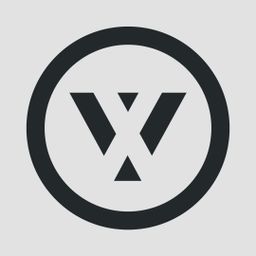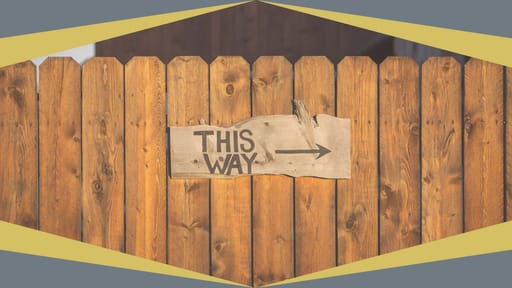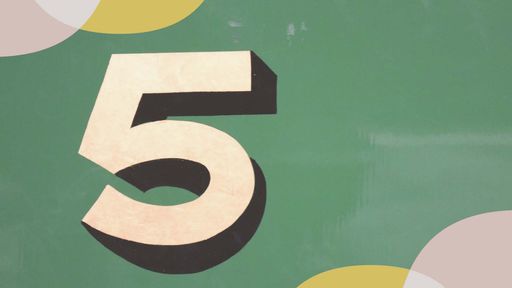The 5 Best Guides and Tips for Acing Your Remote Job Interview

by Don Reisinger

The world has changed dramatically since the coronavirus pandemic swept the globe. That’s especially true in the office.
With so many people now working from home, companies are increasingly warming to the idea of moving to an all or mostly remote workforce. In April, for instance, LinkedIn reported that remote job listings on its site were up 28 percent compared to March. Meanwhile, the number of people searching for “remote” or “work for home” jobs surged by 42 percent.
But as remote work has become more ubiquitous, so has the number of people looking for those jobs. More and more job seekers are discovering that interviewing for a remote job is far different than it is for an in-person position.
For starters, the job interview itself will likely take place over Zoom, rather than in person. That means nobody will be judging you on your pants or shoes, but your shirt or blouse has to be a knockout. Hiring managers also will want to know how well you manage your tasks, where you work, when you work, and how you handle your schedule. They’ll also want a sense of the technology you use to organize company data and keep it secure.
Whether it’s your first time or your tenth time applying for a remote role, there are a host of new considerations to keep in mind for your interview. To help you nail that interview, we’ve compiled what we think are the best guides and tips.
Anticipate Questions Specific to Remote Work
SkillCrush’s guide to 18 interview questions you should be ready to answer is a great place to start. It provides valuable insights into the questions you’ll face, like how well you manage projects and what methods you use to balance work and life. Check out the valuable insights from various SkillCrush employees about the best answers they’ve developed for each question.

Get Ready for Your Closeup
Since your remote-work interview is likely to be remote, you’ll want to think about your on-screen appearance. In this piece for Inc., Brian De Haaf, cofounder and CEO of the roadmap software company Aha! offers tips on what you should do the night before your interview (choose your location, clothes and background carefully); the day of the interview (turn off data-heavy apps, like Netflix, that can cause a lag in your livestream); and during the interview (adjust your mic, join the call on time).
Once the Zoom starts, you’ll want to position the meeting window at the top of your screen, as close to your computer’s camera as possible. This allows you to look into the camera, not your screen (which can make it seem like you’re avoiding eye contact). Want to take notes during the interview? Go old-school with pen and paper. Your microphone picks up the distracting sounds of you typing, and having another open window on your screen can divert your gaze from the camera.
And to really ace your on-screen closeup, be sure to check out our resident expert's tips on how to configure the ideal remote workstation.
Ask Your Own Questions
Typically you’re the one answering questions in the job interview. But you also should come prepared with questions of your own. The folks at RemoteBliss have put together a handy guide of 13 questions you should consider asking during any remote job interview. What does a typical day look like? What does your employer expect from you in the first six months? How can you make a difference at the company right away? It’s also essential to ask about the corporate culture, and about how remote workers fit into that culture.
Prepare for Some Unorthodox Questions
Some employers like to throw prospective workers an offbeat question to see how they think on their feet. For example: “Your boss, who is late for a meeting, and an injured child both need a ride, but you’re driving a two-seater. What do you do?” There’s no right answer; what the hiring manager wants to see is how you think and problem-solve. These questions are a great opportunity to show your ability to think outside the box. You might respond, “Give the keys to your boss and have her drive the injured child to the hospital on the way to her meeting.” And you can get right back to work, natch, because you’re working remotely.
In addition to several standard interview questions, this list from Owl Labs includes some you might not expect, like “What gets you up in the morning?” or “What would be the title of your autobiography?” Another often-asked question is “What’s your favorite book and why?” Both the reading choice and the “why” can reveal more about your personality and interests. Tip: Be sure to pick a book you know well, or have read recently, so you can talk specifics. Prefer to listen rather than read? Talk about your favorite podcast. Remember, there’s no “correct” answer to these questions. The employer is observing how you handle surprises, not quizzing you on the plot of War and Peace. Use this list to practice responding to a curveball question, so that you don’t wind up swinging wildly during the interview.
Check Yourself
The Job Network’s handy guide provides valuable insight on which personality traits to show off and which to avoid or downplay during an interview. Enthusiasm: Yes. Arrogance: No. There’s a fine line between bragging and talking in an animated way about your accomplishments. Whenever you can, bring the discussion back to how your expertise and hard work directly benefited the company—and how they’ll benefit this employer, too.
Remote job interviews take a little getting used to. But with some focused practice, based on the tips from these experts, you’ll be a step ahead of the uninitiated. And that could make the difference in interviewing well and scoring the remote job you want.









